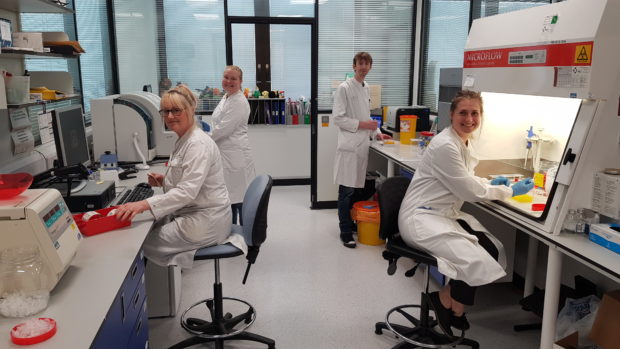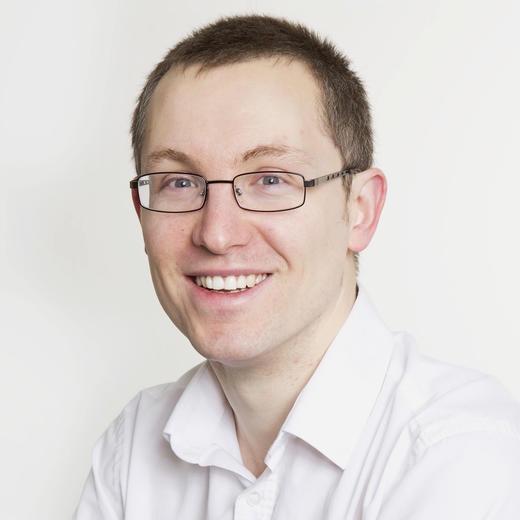Scottish ministers are coming under increasing pressure to widen the scope of the Covid-19 advisory group to include experts from Tayside.
Professor James Chalmers, chair of respiratory research at the British Lung Foundation, said the government is being encouraged to learn from the success of regions like Tayside in controlling Covid-19, as the country moves into the next phase of the pandemic.
Tayside has been recognised as an “exemplar” by First Minister Nicola Sturgeon and was this week described as the “South Korea of Scotland” in reference to its early and aggressive use of testing to control cases.
Prof Chalmers, a front line member of the Covid 19 team and Dundee University academic, said: “Local managers and clinical teams had made crucial early decisions in Tayside that had unquestionably saved lives.
“We will only know at the end of this exactly how many lives have been saved by early testing, but it is a considerable number.
“It is critical people understand that every test saves lives. If a positive test allows one member of health or social care staff to self-isolate, then that prevents that person from passing it on to other staff or vulnerable patients and breaks the chain of infections.”
Prof Chalmers said NHS Tayside managers had been “ahead of the national curve” since the start of the pandemic after setting up a staff testing facility in early March and rapidly setting up a specialist coronavirus unit separated from the rest of Ninewells Hospital.
He questioned the fact the Scottish Government’s Covid-19 advisory group, whose advice underpins key decisions, does not currently contain representation from Tayside or from respiratory or intensive care specialists.
“Statistics and modelling can only take us so far in this response – in the early part of the Covid-19 epidemic the modelling told us that the UK public would never accept lockdown, this was proven completely wrong as the public has responded remarkably well to the rules.
“Modelling also told us it was impossible to test and isolate cases to prevent transmission, yet that’s exactly what South Korea, New Zealand and other successful countries have done so it is important that government learns these lessons and learns from what has worked.”
He said ministers should either expand the group or consult more widely as they navigate lifting lockdown, while keeping transmission rates low.
“Local managers in Tayside made a decision to protect their staff and patients and they did that at a time when it was not national guidance.
“Ministers should trust local decision-makers to make the best calls for their communities as the country moves into a test, trace isolate phase of tackling the virus.
“Local clinical teams know what works best in their areas. That is the lesson for both the UK and Scottish Government from other countries like Germany where they are much more used to decisions being taken at a regional level. The things that have gone well in the UK have been decided on at a local level.
“Letting go of that control is difficult for government to do but that is what we need in the next phase. Centralised decision making is very slow.”
He gave the example of anosmia, or loss of sense of smell, which was added to official guidance as Covid-19 symptom on Monday, stating: “We have been testing patients presenting with that symptom for more than 6 weeks.”
A Scottish Government spokeswoman said: “The expert group’s objective is to give us the fullest possible understanding of exactly how Covid-19 is spreading in Scotland and invites different experts to the panel, depending on the topic, to enhance decision making – including from those who manage infectious disease both at a patient level as well as at a public health level.”










